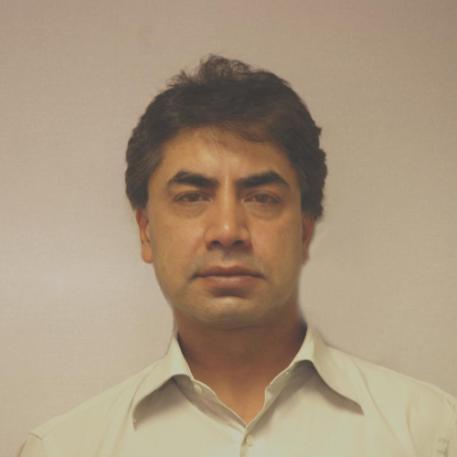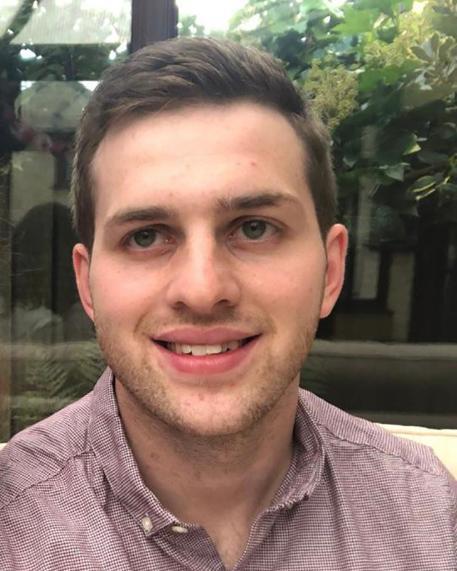Cardiovascular Research Group
The Cardiovascular Research Group brings together highly complementary expertise, enabling collaborative multi- and interdisciplinary research. Expertise within the group includes the fundamental biology of cardiovascular health and the molecular mechanisms involved in cardiovascular disease. Specific areas of research interests encompass endothelial and smooth muscle cell biology, cellular signalling, membrane biology and electrophysiology. The group performs cutting-edge research into a range of diseases and conditions associated with the malfunction of the cardiovascular system, including atherosclerosis, cardiac and vascular fibrosis, arrhythmias, type 2 and gestational diabetes, as well as pulmonary hypertension. To increase the impact of our research we work with vascular surgeons, structural biologists, computational scientists, as well as members of the public.
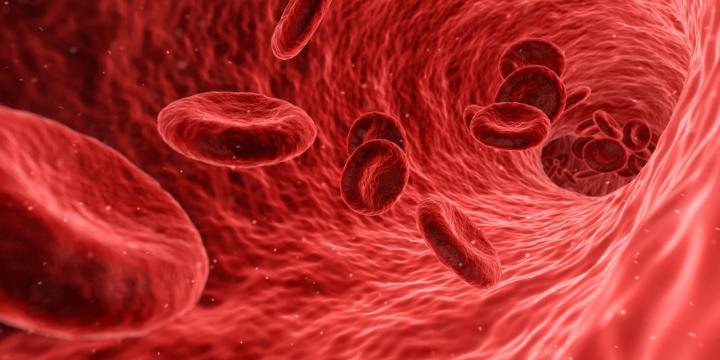
UNIfy Festival 2024
The Cardiovascular Research Group was well represented at the UNIfy Festival 2024 with a stand at the CommUNIty Open Day on Saturday 27th April.
The research team interacted with the public on the topic of "Healthy Hearts and Blood Vessels". Visitors could see real blood vessel cells in a microscope, explore models of hearts and blood vessels, check their blood pressure , or check out blood flow using a hand-held ultrasound device.
A big thank you to all involved, particularly to the PhD, MSc and visiting research students that made the day a big success.
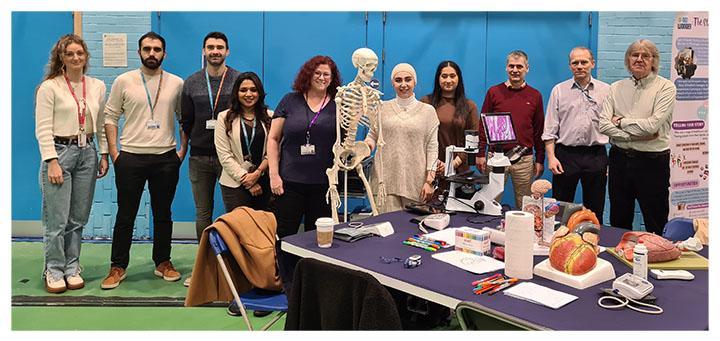
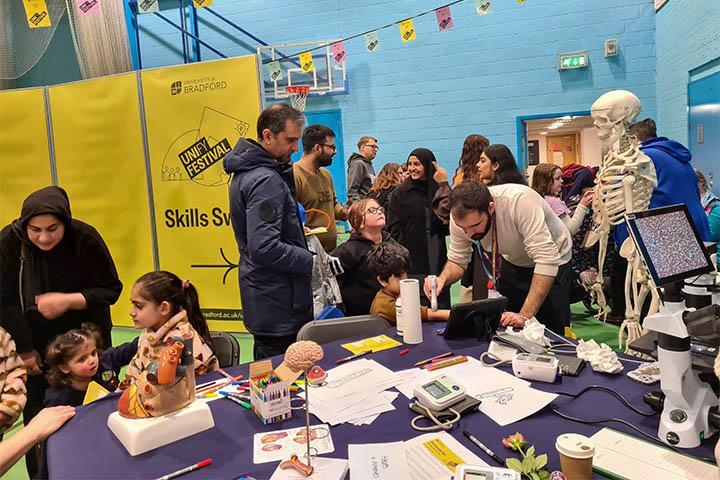
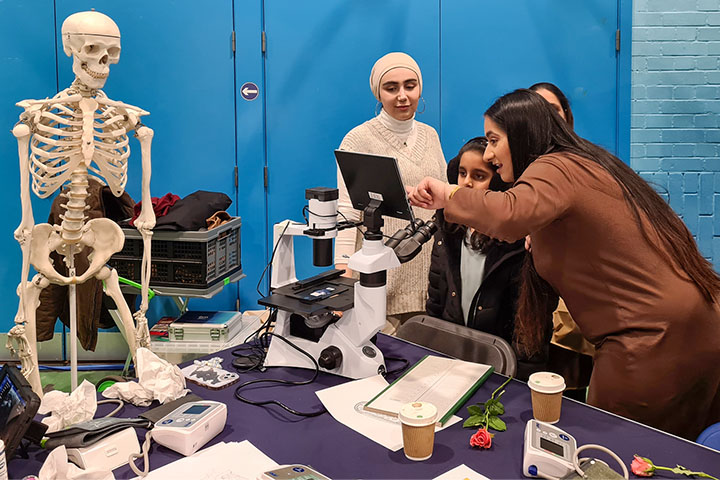
Stopping the morning surge of heart attacks
New research published in the journal Circulation Research opens new ways to prevent heart attacks. An international team involving Professor Mark Boyett from the Cardiovascular Research Group at the University of Bradford have now shown why heart attacks tend to occur in the morning. The levels of the stress hormone cortisol peaks in the morning, resulting in changes in the balance of different types of ion channels. Consequently the heart becomes highly vulnerable in the morning, increasing the risk of ventricular arrhythmia. The team went on to show that, in mice, injection of a drug that inhibits the cortisol receptor prevents the morning changes in ion channels and consequently the morning vulnerability to ventricular arrhythmia. This study is the latest in a series in which Professor Mark Boyett from the University of Bradford and Dr. D’Souza from Imperial College London explored why the heart shows an important day-night (i.e. circadian) rhythm and why the heart is vulnerable to different arrhythmias at different times of the day or night.
Tikhomirov R, Oakley RH, Anderson C, et al. "Cardiac GR Mediates the Diurnal Rhythm in Ventricular Arrhythmia Susceptibility"
Circulation Research 2024 (in press).

Northern Cardiovascular Research Group Meeting 2024
The Bradford Cardiovascular Research Group attended the Northern Cardiovascular Research Group meeting in Liverpool on 17 April 2024. This long-standing annual conference draws together the greatest minds in cardiovascular research from the northern region, regularly attracting up to 100 delegates. Our PIs Jurgen Muller, Munir Hussain, Kirsten Riches-Suman and Mark Boyett were in attendance. Bradford researchers Kirsten Riches-Suman and Mark Boyett gave plenary presentations covering their research into vascular dysfunction in type 2 diabetes and the regulation of heart rate, respectively. As a comparatively small and friendly conference, the meeting is also a great training ground for young researchers. PhD students Alisah Hussain and Yaw Asare-Amankwah presented posters of their PhD work that were very well attended.
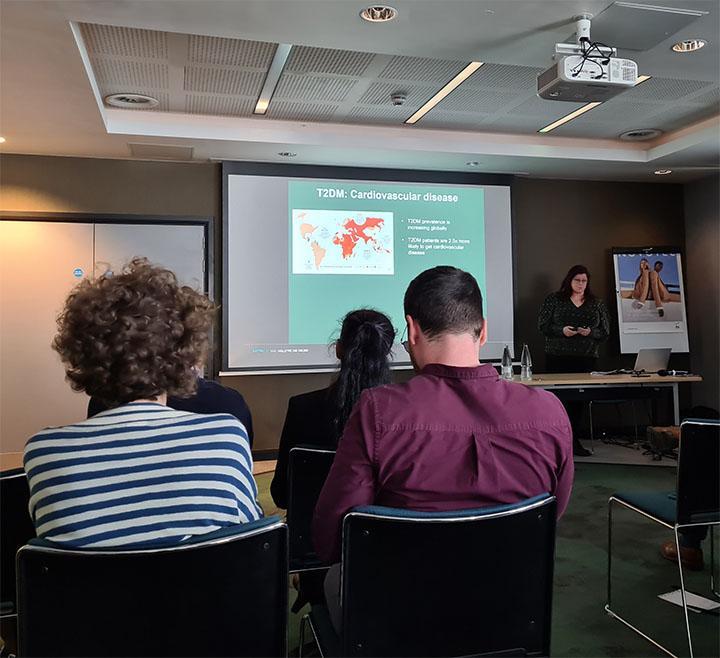
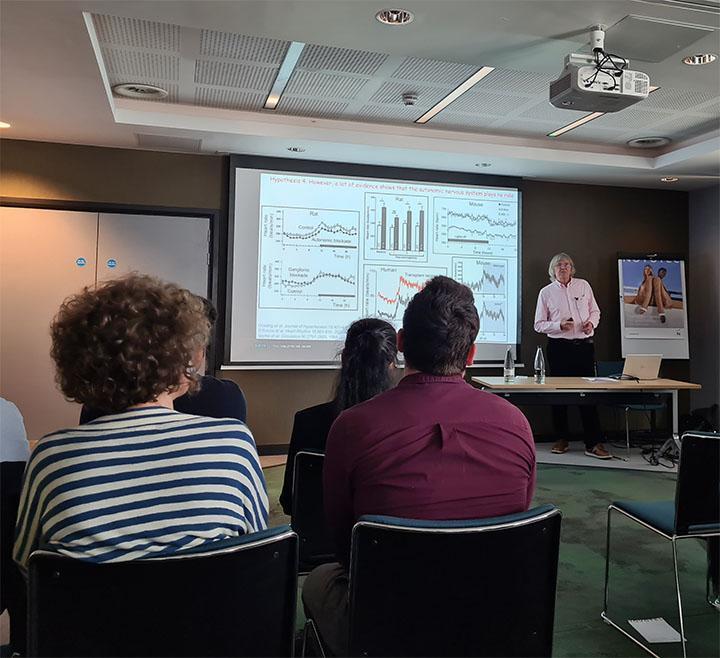
Recent news
Public Event: Café Scientifique
On Thursday 22 June 2023 Dr Kirsten Riches-Suman will discuss with the public how diabetes affects heart health, in a session entitled "The confused blood vessel".
Public Event: Pint of Science
PhD student Courtney Riley and Dr Jacobo Elies took part in the 'Pint of Science' Bradford event on 22 May 2023. The discussed how air pollution can induce cardiac arrhythmias and what can be done to change this: "How can air pollution affect my heart health?"
Biochemical Society: Clinical and Translational Research Theme Panel
Dr Talat Nasim has been appointed as a Panel Member for the Clinical and Translational Research Theme Panel of the Biochemical Society. The panel works to provide an opportunity to develop interdisciplinary activities and to collaborate with other organizations. Talat will be reviewing and commissioning events focussing on clinical and translational research topics.
Leducq Foundation network grant
Professor Mark Boyett is part of a multinational network grant from the Leducq Foundation entitled "Fighting against sinus node dysfunction and associated arrhythmias". The 6 million USD grant will investigate sinus node dysfunction (also known as sick sinus syndrome) with the aim to develop better therapeutics.
Please also follow us on Twitter: @CardiovascBfd.
Recent publications
VEGF Stimulates Activation of ERK5 in the Absence of C-Terminal Phosphorylation Preventing Nuclear Localization and Facilitating AKT Activation in Endothelial Cells
Mondru AK, Aljasir MA, Alrumayh A, Nithianandarajah GN, Ahmed K, Müller J, Goldring CEP, Wilm B, Cross MJ
Cells: 12(6): 967.
Atrioventricular node dysfunction in pressure overload-induced heart failure Involvement of the immune system and transcriptomic remodelling
Wilson, C., Zi, M., Smith, M., Hussain, M., D’Souza, A., Dobrzynski, H., Boyett, M.R.
Frontiers in Pharmacology, 14:1083910.
Development and Optimisation of Inhalable EGCG Nano-Liposomes as a Potential Treatment for Pulmonary Arterial Hypertension by Implementation of the Design of Experiments Approach
Haddad F, Mohammed N, Gopalan RC, Ayoub YA, Nasim MT, Assi KH
Pharmaceutics. 2023; 15(2):539.
Non-canonical role of the sympathetic nervous system in the circadian rhythm in heart rate
Anderson C, Forte G, Hu W, Zhang H, Boyett MR, D’Souza A
Philosophical Transactions of the Royal Society B Biological Sciences 378(1879):20220179
Remodelling and dysfunction of the sinus node in pulmonary arterial hypertension.
Logantha SJRJ, Yamanushi TT, Absi M, Temple IP, Kabuto H, Hirakawa E, Quigley G, Zhang X, Gurney AM, Hart G, Zhang H, Dobrzynski H, Boyett MR, Yanni J
Philosophical Transactions of the Royal Society B Biological Sciences 378(1879):20220178.
Please follow this link for additional publications: Full list of our recent publications
Cardiovascular Research Group members
The group currently consists of 8 academic research teams that perform collaborative, multi-disciplinary work to advance cardiovascular research at the University of Bradford. To inquire about our research, please email the group lead, Jürgen Müller.

Prof Mark Boyett, Honorary Professor
Our PhD students
The Cardiovascular Research Group has a vibrant PhD student population. The group currently includes 16 PhD students working on a range of cardiovascular research projects. The individual projects can be viewed on the PhD students pages.
If you are interested in working with us, please visit the PhD projects pages for a list of currently available PhD projects in the group.







